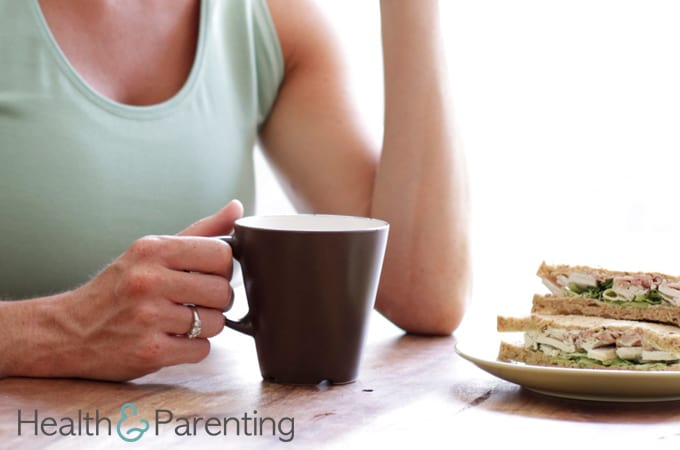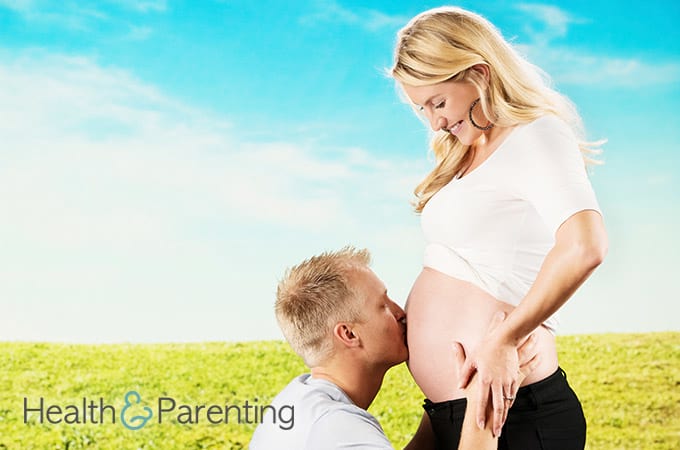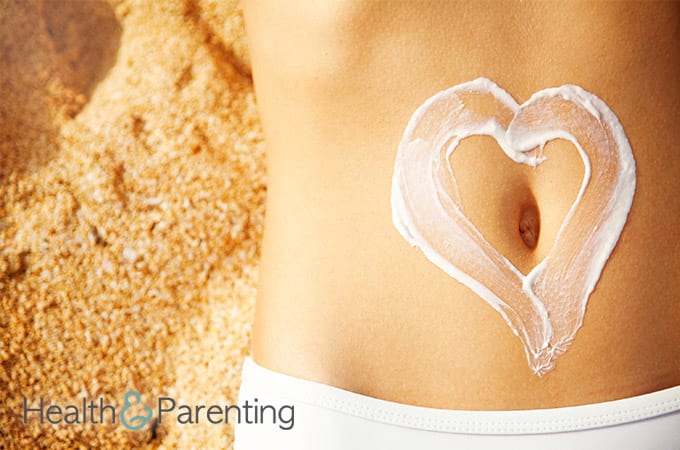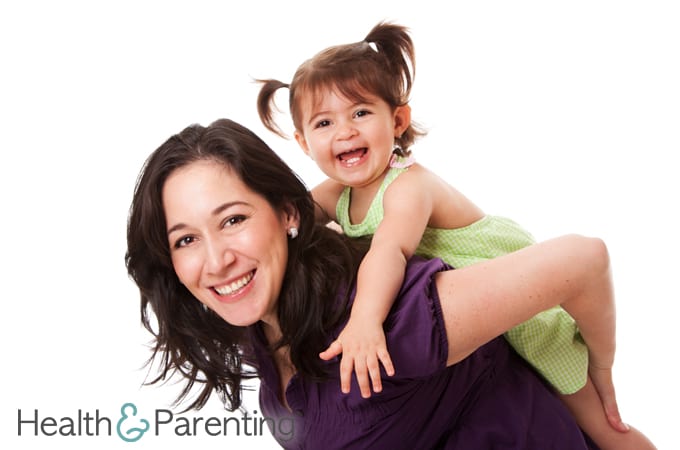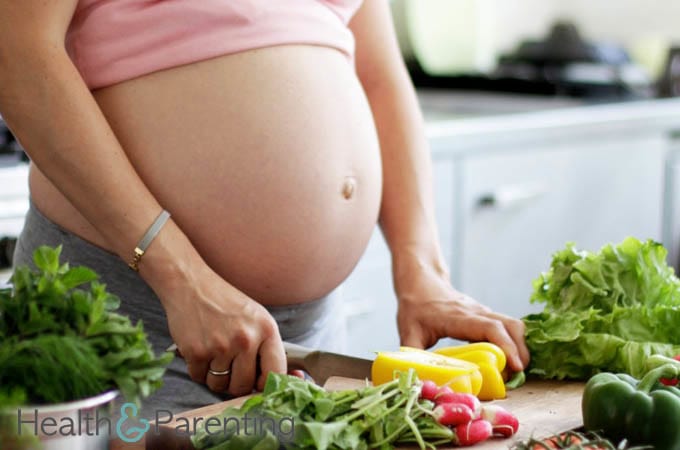When you are pregnant and already have children at home, you will likely be warned by health care professionals to be careful when handling your older children. The problem is that it is difficult to explain to your 2-year-old why mommy cannot pick her up. Or to tell your 3-year-old that you can no longer carry him to bed. The reality is that many women, pick up, carry and hold their older children (to an extent at least) during pregnancy just like they did before. So then the question arises, is it dangerous?
According to experts, you shouldn’t try to lift or carry anything more than 20 pounds during pregnancy. And yes, this includes children. Even so – chances are good that you will still hold your toddler – and that there will be times when they might need to be carried. The trick then is knowing how to do these things as safely as possible, so that you don’t cause any harm to yourself or your unborn baby.
The first thing to do is to make sure that you lift from the legs rather than utilize your lower back and abdominal muscles. Bend at the knees and hips, and avoid bending at the waist. Also, sometimes rather than picking up your child, you can more easily crouch down to their level to give hugs and snuggles, or even swoop them up onto your lap. If you carry your toddler, it will be most comfortable to do so below your baby bump. Remember, your in utero baby is protected in a wonderfully saturated padding of amniotic fluid – so holding your toddler should in no way hurt your baby.
There are of course, a few exceptions. If you have a short cervix, have had a cerclage, have had pre-term labor, or have been told by a doctor that you should not be lifting your toddler or anything heavier than a watermelon – don’t do it.
Obviously, the last thing a mother wants to do is ‘push away’ or make her older child feel less important when she is pregnant with another. This is why it is important that you find ways to maintain physical closeness with your child, without lifting or carrying. And, trust that your toddler is old enough to understand that you have to be careful because you have a baby in your belly. You might be surprised how quickly toddlers can begin sibling bonding, rather than rivalry.
Later in pregnancy, it is definitely best to avoid lifting anything heavy at all. This in no way means that you cannot hold, rock or allow your toddler to sit on your lap. In fact, cherish these moments with your toddler while you can, because pretty soon they will go from being a one and only, to a brother or sister and will have to share your attention at all times!
Written By Stef, Mom of 4 @Momspirational
This information is not intended to replace the advice of a trained medical doctor. Health & Parenting Ltd disclaims any liability for the decisions you make based on this information, which is provided to you on a general information basis only and not as a substitute for personalized medical advice. All contents copyright © Health & Parenting Ltd 2018. All rights reserved.


